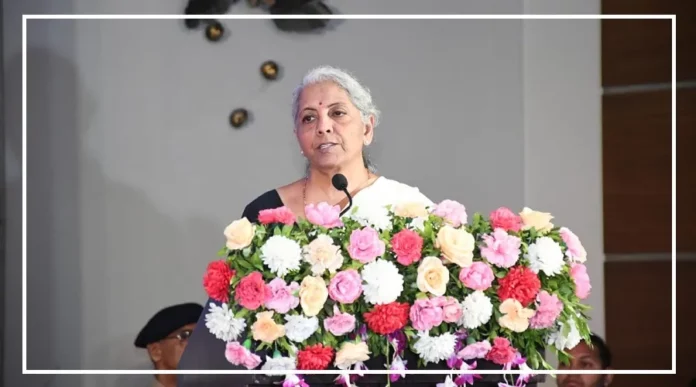Union Finance Minister Nirmala Sitharaman will present the 2025 Union Budget in Parliament on February 1, 2025.
February 1 falls on a Saturday this year, and the budget will be presented on that day.
This will be the first full budget of Modi Government 3.0, and it is typically presented at 11 am.
This will be Nirmala Sitharaman’s eighth budget, which includes five annual and two interim budgets she has presented so far.
The 2025 budget will be the eighth budget presented by Finance Minister Nirmala Sitharaman.
Stock markets will be open on Saturday, February 1
The Indian stock markets (BSE and NSE) will be open on February 1, 2025, despite it being a Saturday, due to the budget announcement.
Typically, the markets are closed on Saturdays and Sundays, but there will be a live trading session on budget day.
This has been confirmed in a circular issued by the stock market. The markets will operate as usual on Saturday with their regular timing.
Where can common people watch live budget coverage
The Finance Minister’s speech will be broadcast live on Doordarshan and Sansad TV.
It will also be available for live streaming on the YouTube channels of both Sansad TV and Doordarshan.
Additionally, you can watch the live coverage of the budget on Moneycontrol Hindi’s website.
Where to Find Budget-Related Documents
Once the budget is presented, it will be available on the mobile app and the website www.indiabudget.gov.in.
The budget document will be paperless and can be viewed on your mobile. The app will be accessible in both Hindi and English and will be available on Android and iOS platforms.
Expectations for Income Tax Relief
Income tax relief for the salaried class is expected in Budget 2025. The new tax regime aims to boost spending, but taxpayers who save should be allowed to keep their existing plans.
Taxpayers should have the freedom to choose the tax regime that suits them best.
Economic reforms and relief are anticipated across various sections in the Union Budget 2025.
Key announcements are expected regarding income tax, economic policies, and investment opportunities.
